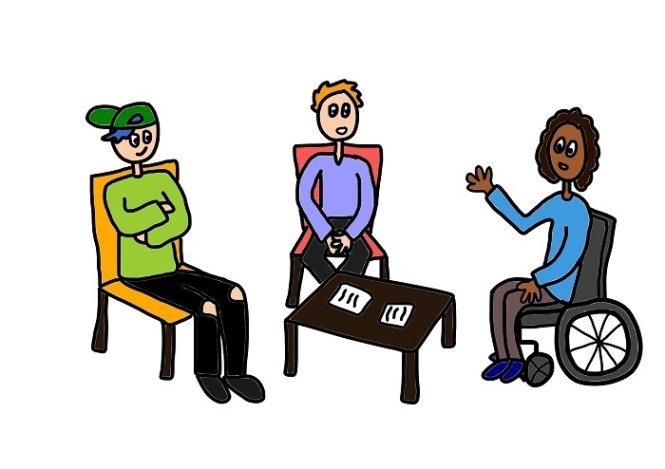For some reason, people from all across Australia feel uncomfortable when they are around people with disabilities. If you were to ask them what it is that makes them uncomfortable, you get a series of different answers but generally, people are just concerned because they are not aware of how to react and what is expected of them when around these people. The thing to remember always is that they are no different to you and me and the fact that they might be in a wheelchair for example doesn’t make talking to them any different. When it comes to the workplace, however, everyone needs to have a basic understanding of what is required and how to communicate with people with disabilities.
If you are a manager or an employer and you really don’t have the knowledge and skill set to teach your staff such things then you can apply for disability sensitivity training for employees from specialised service providers and they can come to your place of work and provide essential training so that everyone feels right at home. To give you an idea of the kind of things that will be taught, the following are just some of the ways that you should conduct yourself when in the company of people with disabilities.

Table of Contents
Always introduce yourself –
This is something that you would normally do anyway so it shouldn’t be any different when you meet someone with a disability. Just be yourself and act in the same manner as you would on any given day. We would normally shake hands in a business situation and so this is what you do as well. If the person with a disability has difficulty in shaking your hand then they will always offer you an alternative greeting so just follow suit.
Speak to the individual –
Some Australians have a nasty habit of speaking to the person who is with the person with a disability and this is very bad manners. Just because someone has a disability, it doesn’t mean that they cannot communicate in a normal way and even if they are unable to do so, it’s important to look at them and speak directly to them and then their helper can assist.
Use your common sense –
There are some things that you just don’t have to be top and so it is common sense to treat someone with a disability exactly the same way as you would with an able-bodied person. Do not be nosy and start asking about how long they have had a disability or how that happened as this is none of your business. As an employer interviewing a potential candidate who has a disability, this is a question that you should never ask because it will get you into an incredible amount of trouble.
The important thing is to remove all of your assumptions from the equation and just see a person with disabilities as someone you can easily talk to and someone who could be the right person for the job.




